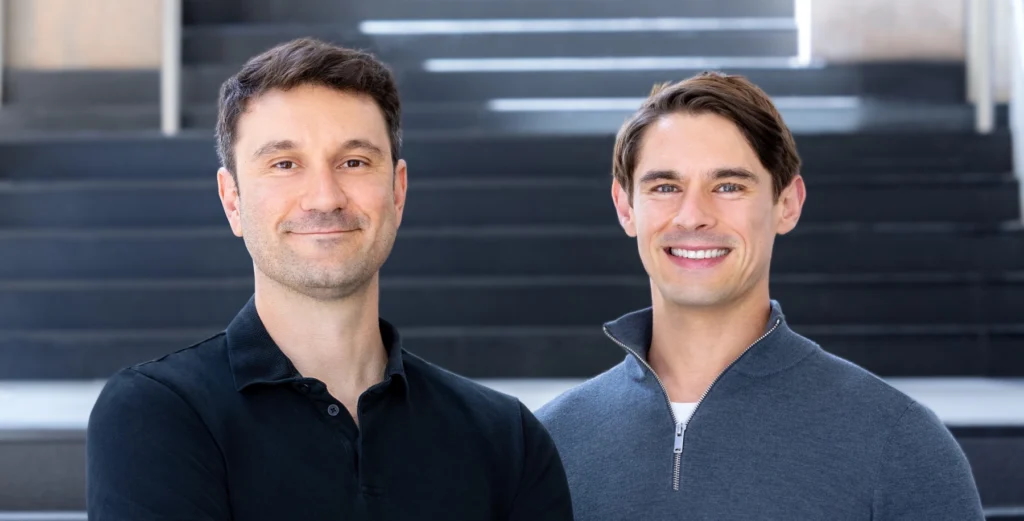Periodic Labs, launched by esteemed OpenAI researcher Liam Fedus and former Google Brain colleague Ekin Dogus Cubuk, has garnered significant attention in the tech industry by successfully securing a staggering $300 million seed investment. This funding round, led by renowned venture capital firm Andreessen Horowitz, also saw participation from various influential angel investors and prominent venture capitalists, including Felicis.
The Genesis of Periodic Labs
The inception of Periodic Labs can be traced back to a pivotal conversation between Fedus and Cubuk approximately seven months ago. As leading figures in machine learning and materials science, they recognized the transformative potential of generative AI in accelerating scientific discoveries. They were motivated by advancements in robotic technologies and machine learning, which now enable the reliable synthesis of new materials.
Innovations Driving Progress
Periodic Labs aims to merge artificial intelligence with material science. Key breakthroughs that have positioned the startup at the forefront include:
- Advanced Robotic Technologies: Robots capable of precise powder synthesis have proven their reliability.
- Enhanced Machine Learning Models: Efficient algorithms are now able to model complex physical systems that aid in material development.
- Powerful Language Models: Developed through contributions from Fedus’s team at OpenAI, these models possess advanced reasoning capabilities, allowing for insightful feedback on experimental outcomes.
Coupled, these innovations pave the way for an AI-driven workflow capable of discovering new compounds, synthesizing materials, and analyzing results, thus redefining the landscape of material science.
Valuable Data from Experiments
One of the founders’ key insights is that even unsuccessful experiments can yield invaluable data, propelling their AI-driven studies. This perspective challenges traditional scientific motivations, which often prioritize successful findings over exploratory research.
The Investment Surge
Following his resignation from OpenAI, Fedus publicly announced his new venture, attracting a flurry of interest from venture capitalists. Notably, Peter Deng from Felicis struck a rapid deal with Fedus, showcasing the excitement surrounding the startup. In an informal meeting, Deng committed to funding the startup on the spot, which reinforced confidence in Periodic Labs’ vision.
Building a Star Team
With their substantial funding secured, the founders assembled a team of top-tier talent from across various disciplines, including AI and physics. The collaborative environment encourages knowledge sharing through weekly discussions, fostering a deeply integrated approach to their projects.
Future Directions
Periodic Labs has already established its laboratory and commenced work on experimental data, simulations, and predictions, specifically targeting the discovery of new superconducting materials. These advancements have the potential to revolutionize energy-efficient technologies, although the groundwork for their robotic systems is still underway.
Industry Implications
The emergence of Periodic Labs highlights a broader trend in the scientific community towards integrating AI-driven methodologies into research practices. This shift parallels efforts at companies like OpenAI, where similar initiatives aim to accelerate the pace of scientific discovery.
Conclusion
While the journey ahead for Periodic Labs involves challenges typical of scientific exploration, the expertise of its founders and the robust support from investors position it as a formidable contender in the race for groundbreaking advancements in material science. With the significant backing of venture capital firms and insights from leading professionals, Periodic Labs is poised to make impactful strides in AI-powered research.






